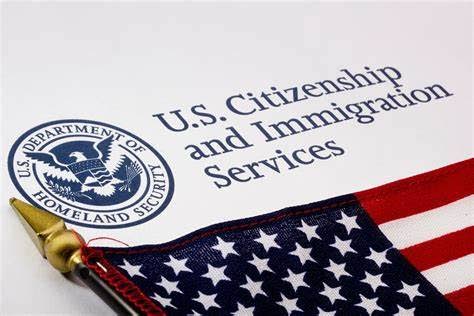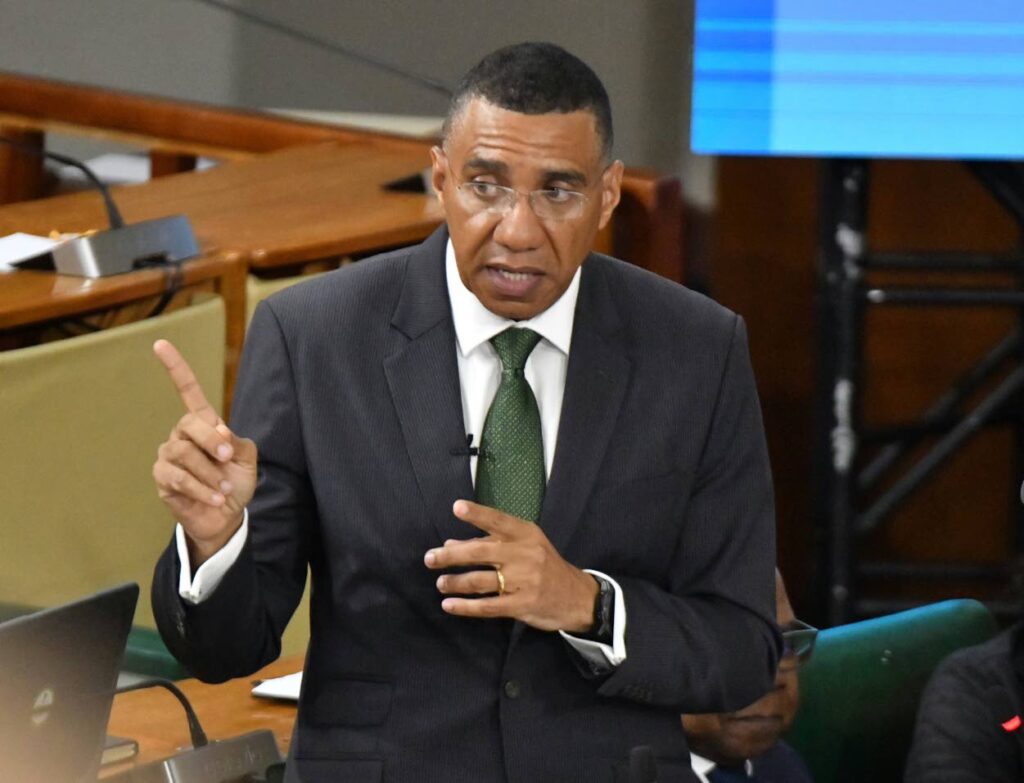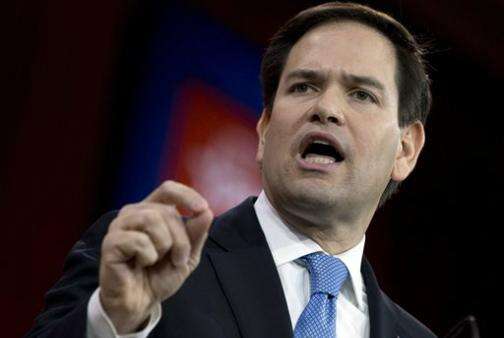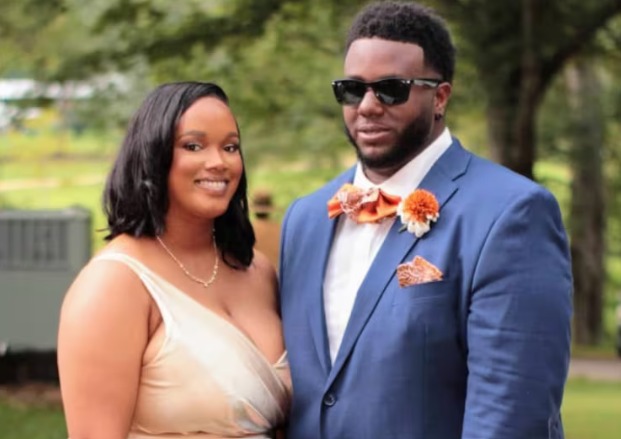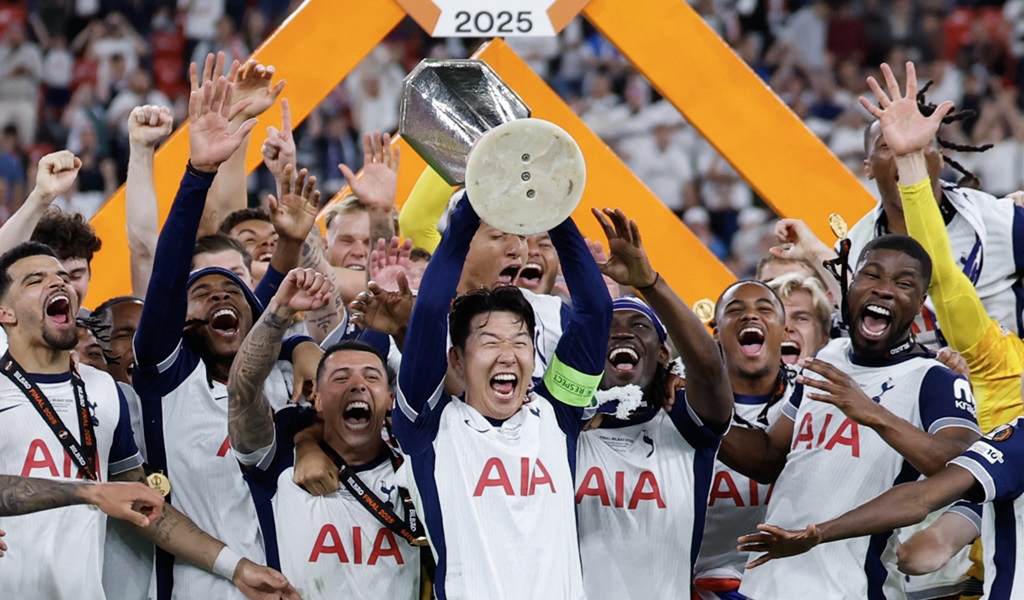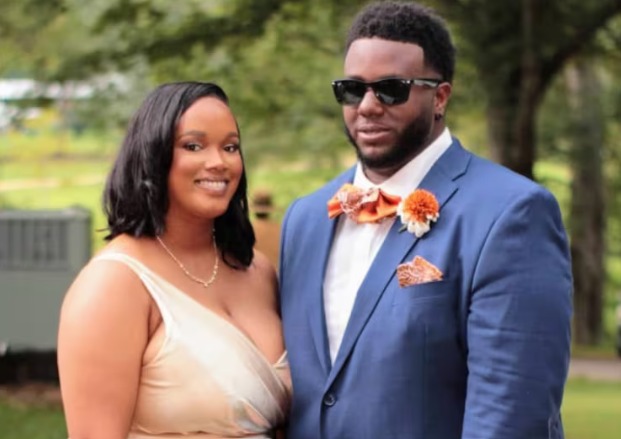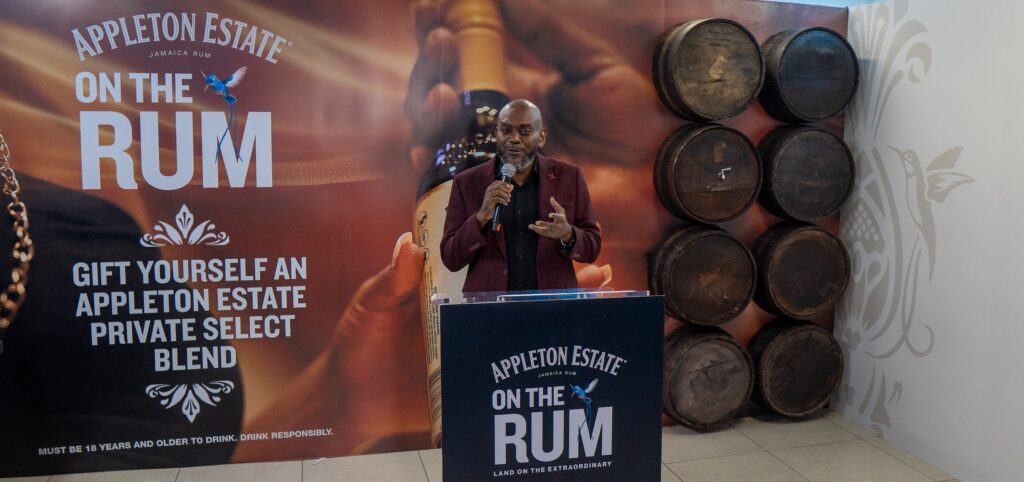WASHINGTON, United States (CMC) — The United States (US) is re-considering its policy towards Haiti where criminal gangs are seeking to overthrow the government, with Washington also taking aim at the Organisation of American States (OAS) for not doing much more to effectively deal with the crisis in the French speaking country.
Washington recently designated the Viv Ansanm and Gran Grif gangs in Haiti as foreign terrorist organisations and specially designated global terrorists, adding that the age of impunity for those supporting violence in Haiti is over.
“We think that designating them is important because both you and I know that there are individuals, including those living in our home states who are in cohorts with some of these gangs,” US Secretary of State Marco Rubio told the House Foreign Affairs Committee.
“The fundamental challenge we have in Haiti is that none of our existing international mechanisms are built for this problem set. Our international mechanisms are largely built to keep warring factions, ideological factions, tribal factions, [and] political movements from each other.”
Rubio pointed out that Haiti is a country that is being threatened by 35,000 to 40, 000 members of a coalition of criminal enterprises.
“It is basically controlled by organised crime,” he said, adding that Washington is “undertaking right now a substantial review across the inter-agency [of] what options exist to tackle a country that is being taken over by a mafia, for want of a better term”.
“They don’t care about governing the country. They want to control territory….it’s like allowing the mafia to take over the five boroughs of New York,” he said, questioning the role of the OAS.
“Why do we have an OAS if the OAS can’t put together a mission to handle the most critical region in our hemisphere? We are going to challenge the OAS to build a mission of partners to confront this.”
Rubio said while the United States is grateful for the Kenya-led Multinational Security Support Mission (MSS), “this is a regional problem and it should have a regional solution”.
He said the United States would continue to be supportive of the MSS for two reasons, including the fact “it is the only mission, and number two, because of the Kenyans, they have been brave and their willingness to do it and number three who is going to join a future mission if the previous mission was abandoned”.
“But we don’t believe that the MSS mission is going to solve the problem. It could be part of the answer, but it won’t solve the problem,” he said, noting that the mandate provided to the MSS by the United Nations Security Council “is defensive in posture”.
“Let us be frank, these 30 to 40,000 gang members have to be eliminated, put in jail…you have to get rid of them. As long as they are around, you won’t be able to have stability in the country.”
“The other is capacity. They have had complaints about some of the equipment they have been provided with. It is a combination of not having a force posture, not having the legal authority and not having the appropriate equipment to be able to conduct some of these missions,” Rubio told the House Foreign Affairs Committee.
Meanwhile, a high-level symposium will be held on Thursday at the OAS to identify urgent responses to the security crisis in Haiti. This meeting follows Presidential Advisor Smith Augustin’s visit last April to OAS Secretary General Luis Almagro and reflects the shared commitment to regional mobilisation in the face of worsening insecurity in the country.
The symposium will bring together Haitian authorities, representatives of member states, and experts to discuss concrete avenues for supporting security in the country. Particular emphasis will be placed on the impact of organised crime on security and justice institutions, and on ways to address it through regional cooperation mechanisms, particularly those provided for in the Inter-American Convention against Terrorism.

